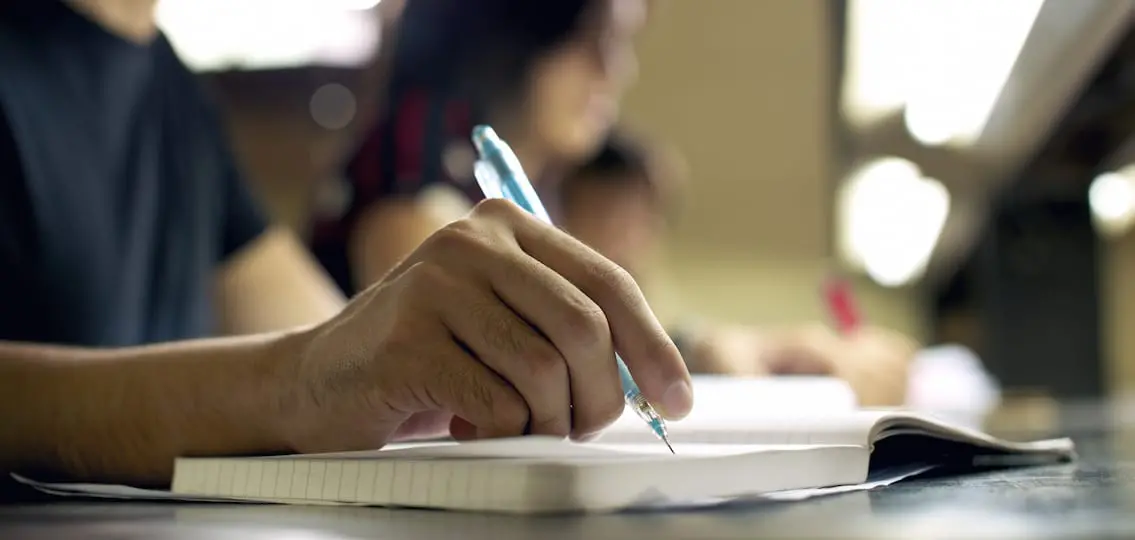Take note, parents of rising juniors. Summer is a great time to encourage teenagers to start getting ready for this fall’s SAT or ACT. “They are out of school. And even if they’re going to camp or working, there is still a lot of time to study on their own, work with a tutor, or take a class,” explains Sarolta Brooks, executive director of the Princeton Review, a leading provider of college test preparation services. Here’s some expert college prep tips.
3 College Prep Tips For Parents And Teens
1. What’s the time frame for testing?
Teenagers have multiple opportunities to take both the ACT and SAT during their junior year. But many elect to take one or both in the fall, using the summer to get ready. “The biggest benefit of testing early junior year—hopefully, you only need to take it once. And then you can just focus on academics for the rest of the year,” says Brooks. “But if you do need to retake it, the test is offered many more times during the year.” The ACT and SAT are offered six times a year. Twice in the fall, twice in the winter, and twice in the spring. Note that your teenager should have, at a minimum, taken Geometry and Algebra. If your student is taking either of those courses junior year, consider testing later.
2. Which test to take?
Colleges accept either the SAT or the ACT and do not favor one over the other. So, it’s really up to your student. How do you figure out which of these college entrance exams is a better match for your teen? “Take a full-length practice test for each option and see how you do,” says Brooks. “Did one feel easier than the other? Did the portion on the SAT where you couldn’t use a calculator stress you out?” Also, if your student took the PSAT (the pre-SAT) or the PreACT, those scores can be predictive of how they will do on the SAT or ACT.
3. How long to prepare?
Brooks recommends that teenagers start to prepare for the ACT or SAT at least one month before the test. However, many students prepare much longer than that. That’s because your teenager won’t work at it every day, especially during the school year. And they’ll need time to take practice tests with time to focus on problem areas. What not to do: “Cram the night before, get no sleep, and take the test when you’re tired.”
[adrotate banner=”32″]There are a variety of ways to approach college test prep. So be sure to pick what works for your particular teenager. Some are able to study on their own, using books or online resources. For example, The College Board and Khan Academy have teamed up to offer a library of free materials to help your teenager prepare for the SAT. But other students need more support. “Princeton Review has everything from books that are meant to be self study guides, to online programs, classes, even private tutoring,” says Brooks. One-on-one tutoring can be an especially helpful if your teenager needs targeted help with, say, geometry. But students who need to brush up on multiple areas of the test may get more out of a class.
The bottom line: “The more students put into it, the more they’ll get out of it,” says Brooks. Even bolstering a college entrance exam score by just a few percentage points can make a difference in the types of colleges students can apply to, not to mention the potential merit awards awaiting them.




